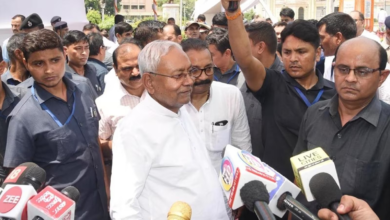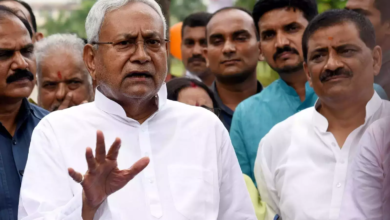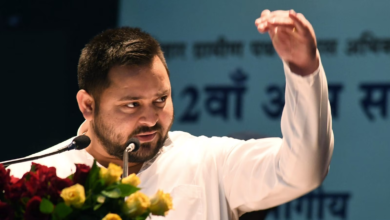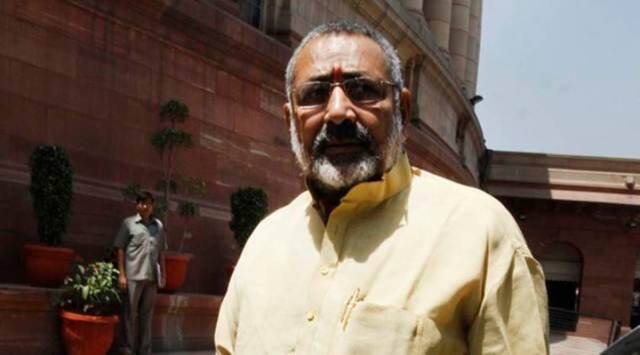Patna HC asks state govt to make Bihar Vidyapeeth campus a museum

Tangled in the legacies of Mahatma Gandhi and former President Rajendra Prasad is an unusual Patna High Court intervention in a PIL to turn the 32-acre campus of Bihar Vidyapeeth in Patna into a national monument.
On Wednesday, a bench led by HC Chief Justice Sanjay Karol dictated a 22-page order in open court — invoking international law, the court directed the Bihar government to bring in “special legislation” to turn the entire Vidyapeeth premises into a “national monument.”
“At this stage, Mr. Lalit Kishore, learned Advocate General, informs that the Cabinet has already approved the ordinance dealing with monuments about Deshratna Dr. Rajendra Prasad,” the order stated in the concluding paragraph.
With Bihar Vidyapeeth having moved the Supreme Court, challenging HC’s intervention that could deprive it of the constitutional right to property, the apex court on Wednesday agreed to hear the plea and allowed the organization’s lawyer, Shoeb Alam, to let HC know that the top court was seized of the issue.
Despite this, the Patna HC passed a detailed order and listed the matter for hearing again on July 21.
The HC’s intervention began after a 2021 PIL urged it to intervene in maintaining the “pitiable condition” of the memorial of Rajendra Prasad at Zeradei village in Bihar’s Siwan district. The case then expanded to include “two other historically significant properties” in Patna that are “also ill-maintained”: Sadakat Ashram, Rajendra Prasad’s “last abode”, and Bans Ghat, “where his mortal remains were assigned to fire”.
The court order noted, “Since January 2022, we have been taking up this matter, almost on a day-to-day basis, to ensure that all three Memorials are fully developed; properly protected, preserved and beautified.”
Bihar Vidyapeeth is a society registered in 1928 and was “planned” and “set up under Mahatma Gandhi’s guidance”. Before he moved to Delhi in 1946, Rajendra Prasad lived in a house in Sadakat Ashram, on the 32-acre premises, and returned to it after his stint in Rashtrapati Bhavan in 1962. He died a year later.
While the campus houses two museums in Prasad’s memory, it also has educational institutions that are not connected to his residence.
Invoking “constitutional obligation” to preserve cultural heritage, the HC cited the Convention On Protection Of The World Cultural And Natural Heritage and UNESCO Declaration Concerning The International Destruction Of Cultural Heritage as the basis to bring in a law to acquire the premises. It issued a notice to the Archeological Survey of India (ASI) to submit a report on the status of the museums on the campus.
The order stated that after interacting with Janhwij Sharma, ADG (Conservation) at ASI headquarters, Delhi, on April 20, the court was “of the firm view that for purposes of proper management and control of all three places, i.e. two museums at Bihar Vidyapeeth, Sadakat Ashram, and Bans Ghat…having historical value and importance, perhaps the government was required to take certain measures, one of them being bringing out special legislation”.
The property, the court said, “[a] cannot be managed by a few people, regardless of how well-intentioned their thoughts and actions are”.



